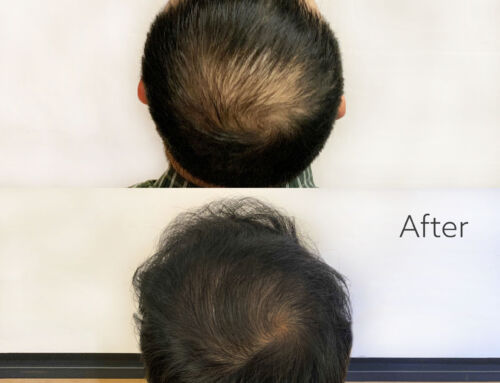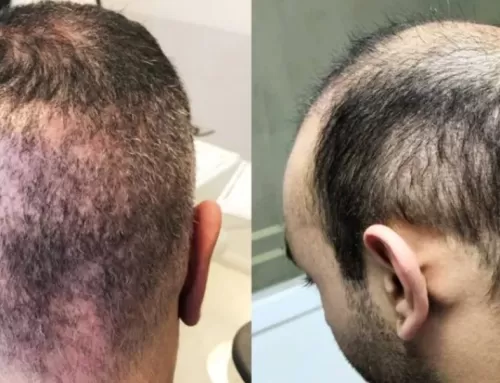When patients first turn to the New England Center for Hair Restoration for answers to their questions about hair loss, they often want to know whether there is an effective method of returning hair to their scalp that doesn’t involve surgery. Many of them are looking for that elusive hair loss treatment that will provide perfect results without their having to wait for months or be operated upon. Isn’t there some sort of pill that only a select privileged few know about? Or some sort of gene therapy that keeps the Hollywood stars looking so good?
Sorry. No.
When it comes to answering questions about hair transplants vs. hair loss medications, our Boston, MA hair restoration experts provide honest, straightforward answers. Too many men have wasted too much of their hard-earned money on pills, serums, lotions, and other forms of snake oil that make big promises and deliver precisely nothing. There is always a buck to be made on taking advantage of people’s insecurities.
On the other hand, there is only one surefire way to restore actual living, growing hair to balding areas, and that is hair transplant surgery. Hair loss medications have their place, but there are two – only two – that are clinically proven to produce any results: finasteride (i.e., Proscar® and Propecia®) and minoxidil (i.e., Rogaine®).
What Hair Loss Medications Can and Cannot Do
While it is natural for patients to want to compare hair restoration surgery and hair loss medications, especially since so many false claims have been made on behalf of non-FDA-approved hair loss tonics, the comparison is actually faulty. There is no medication, including finasteride and minoxidil, which is capable of regrowing lost hair.
What finasteride and minoxidil can do is slow and even arrest the hair loss process. These medical treatments may appear to regrow hair, but instead they simply promote the growth of thicker, stronger, more visible hair.
Finasteride accomplishes this by lowering DHT (dihydrotestosterone) levels in the scalp. It is DHT that is responsible for shrinking the hair follicle, which eventually causes baldness. Finasteride halts this shrinking process and helps to restore a thicker head of hair.
Minoxidil does not have an effect on DHT levels, but has been clinically proven to slow the progression of hair loss and promote the growth of some thicker hairs. However, it is less effective than finasteride in most men, and is generally now considered an adjunctive treatment, used along with finasteride.
In general, medical hair loss therapy should not be considered a replacement for hair restoration surgery because it serves an entirely different purpose. For patients who are just beginning to lose their hair, hair loss medications may be highly effective in postponing baldness. However, for patients who are already experiencing balding, medications will not replace lost hair. Hair loss medications may be used in conjunction with hair restoration surgery, however, to help maintain the hair they have alongside their newly transplanted hair.
Learn More about Hair Transplants vs. Hair Loss Medications
To learn more about hair transplant surgery and hair loss medications, please contact our hair loss clinic today.






